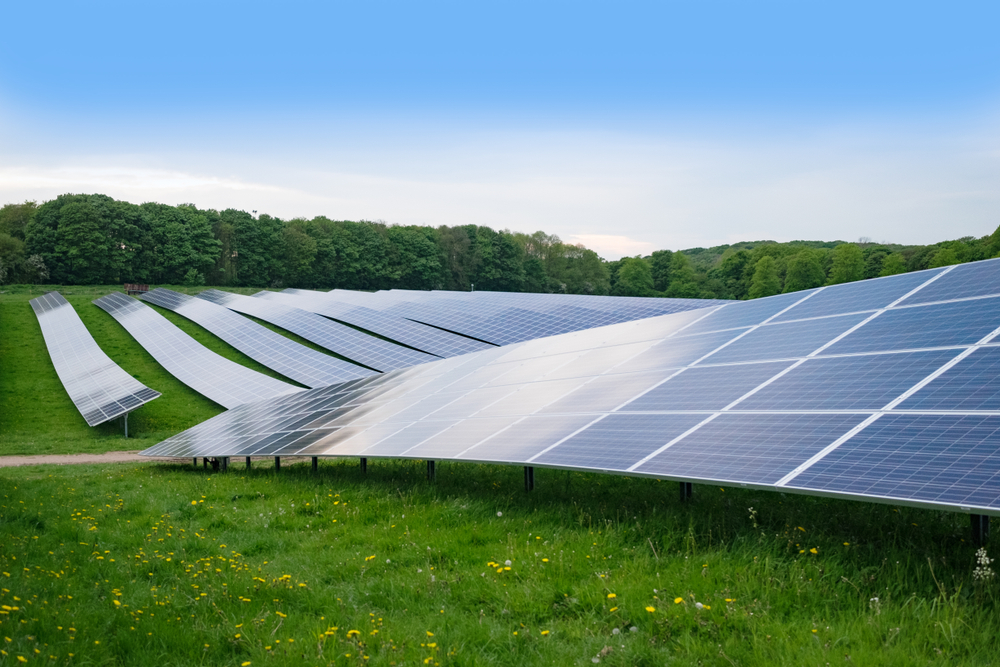
When considering the journey to net zero, it’s worth looking back at why we’re having to begin on this path in the first place. Over the past decades we have had to manage and cope with increasing population growth and demand for resources. This demand has meant there has been significant volumes of natural resources being extracted from the Earth, consequently applying staggering amounts of pressure on our global environment and exacerbating global warming.
Human activities that have impacted the environment considerably include deforestation, agriculture and industrialisation, where the use of fossil fuels has resulted in the dangerous levels of greenhouse gases in our atmosphere that we see today. The consequences of human activities and steep rise in greenhouse gas emissions has led us to the current global climate crisis.
The climate crisis is now an issue that affects everybody, where climate change has been responsible for flooding, droughts and extreme weather events impacting millions of lives. Certain countries have been affected by climate change more than others, and the same applies for regions within countries such as coastal areas undergoing flooding due to rising sea levels.
Climate organisations
Tackling the climate crisis on a global scale is a highly political situation with many moving parts and complex relationships between countries and their governments. Various frameworks and organisations exist to help combat climate change, focussing on reducing greenhouse gas emissions and helping areas that are especially vulnerable.
Notable organisations include the Intergovernmental Panel on Climate Change (IPPC) and United Nations (UN), with the Climate Change Committee (CCC) acting as the independent advisor on climate change in the UK.
The IPPC, formed by the World Meteorological Organisation, is the leading international scientific body for climate change research and provides assessment reports that cover the impacts of climate change, as well as options for mitigation and adaptation. The UN is a part of multiple campaigns and frameworks aiming to reduce and mitigate the impacts of climate change, including Net Zero Coalition and Race to Zero. Similarly, the CCC aims to ease our journey to net zero, focusing on carbon budgets and monitoring progress in emission reduction.
UK strategy
Different countries will have varying targets, however the overall goal remains the same; reduce greenhouse gas emissions and mitigate the impacts of climate change. Race to Zero is a campaign that functions globally to take rigorous action and halve global emissions by 2030. In the UK, our Net Zero Strategy aims to ensure we are functioning as net zero by 2050, decarbonising all sectors of the economy.
The methodology behind this strategy is by ensuring carbon budgets are adhered to and changes are implemented in various sectors and industries to promote greener day-to-day lifestyle and operations. There are many policies involved in the strategy, each specific to the likes of alternative fuel and power, as well as sustainable transport and waste processing.
While these net zero strategies focus on the bigger picture, the responsibility for reaching net zero falls on everybody’s shoulders. A significant transition is required to change and reduce our dependence on fossil fuels. Most aspects of everyday life can be altered to be more environmentally-friendly and sustainable; purchasing non-palm oil products, eating less meat, using less electricity- the list goes on.
Elmelin and the journey to net zero
At Elmelin, we provide mica-based products and solutions to multiple industries and help in their journeys to net zero. From Victorian beginnings, to the progressive manufacturers we are today, the products and solutions we provide have remained responsible and sustainable. Heavy industry is where we first established ourselves, and we continue to work with these clients both providing them with industrial insulation solutions, but also educating and supporting them with reducing their environmental impact.
Alternative energy has become a major sector that we’re proud to be a part of, as we continue to develop battery solutions for electric vehicles. Recognising the importance of electric vehicles and the shift away from fossil fuels, we aim to support electric vehicle manufacturers by providing mica-based insulation solutions, which result in greater battery performance, lifespan and safety.
Our battery solutions are not only limited to the automotive industry, but also on-grid, off-grid and domestic energy storage. Renewable energy sources are going to playa key role in the journey to net zero and our storage solutions aim to further benefit the availability and accessibility of renewable energy. Domestic households contribute 40% of UK greenhouse emissions, and therefore similarly to the automotive industry, it’s a sector that requires innovative and effective storage solutions.
Conclusion
Reaching net zero is a joint effort that requires input and efforts from all businesses, industries and countries. There are already positive signs of change and we strongly believe this journey will be achievable. The manufacturing industry has made significant progress in sustainability, adoption of clean alternative energy and more responsible practices.
We are excited to continue our work and help industries to achieve their net zero targets. If you would like to find out more about our products and solutions, please do get in touch.
